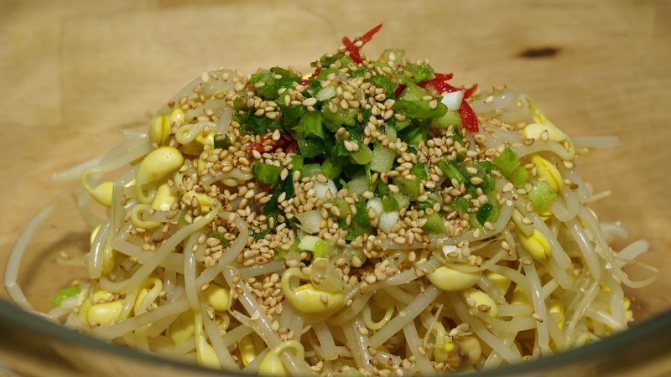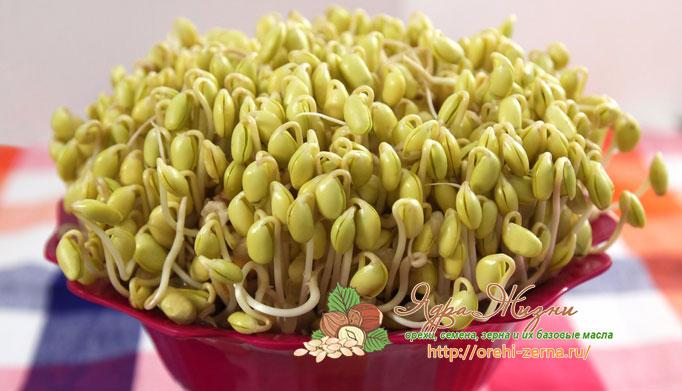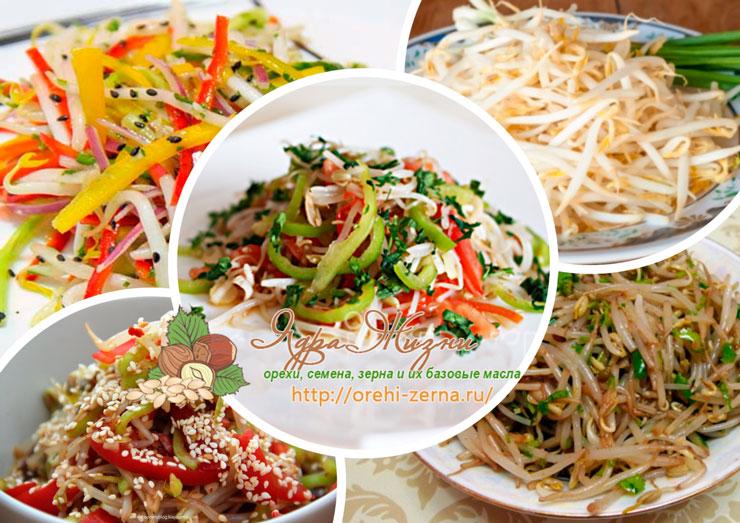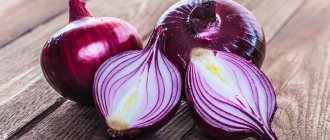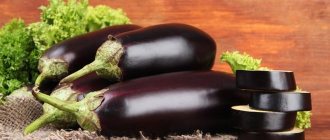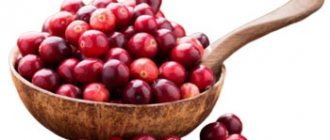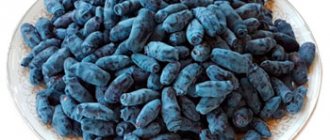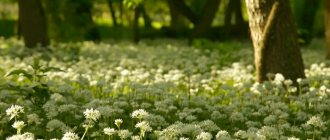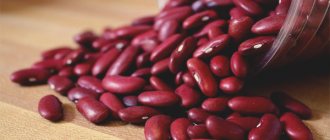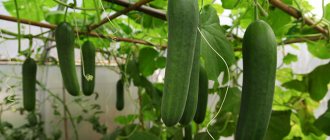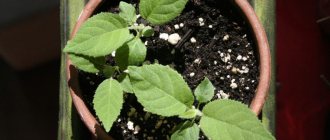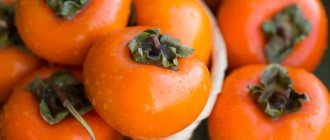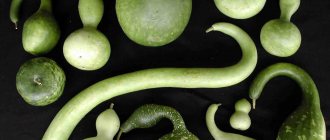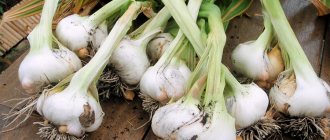The composition and useful properties of sprouted beans
The sprouts have such a unique composition that they can be used as an independent dish. They contain 15 amino acids, many minerals: magnesium, calcium, iron, zinc, phosphorus, sodium, copper, manganese and potassium, as well as vitamins of group B, C, PP, beta-carotene, tocopherol, A, K, E.
Benefit and harm
Bean sprouts have the following positive effects on the body:
- reduce cravings for sweets;
- ease the course of allergies;
- cleanse the blood;
- strengthen the walls of blood vessels;
- stabilize the work of the nervous system;
- strengthen the skeletal system;
- improve immunity;
- slow down the aging process;
- normalize bowel function, thereby eliminating toxins;
- reduce blood sugar and cholesterol levels;
- improve vision.
There are also some restrictions in use - it is not recommended to eat sprouted beans for people with chronic gastrointestinal diseases. In some cases, individual tolerance is possible.
Advice. Start introducing sprouts into your diet gradually. It is worth starting with one tablespoon per day, increasing the dose over time to a serving of salad.
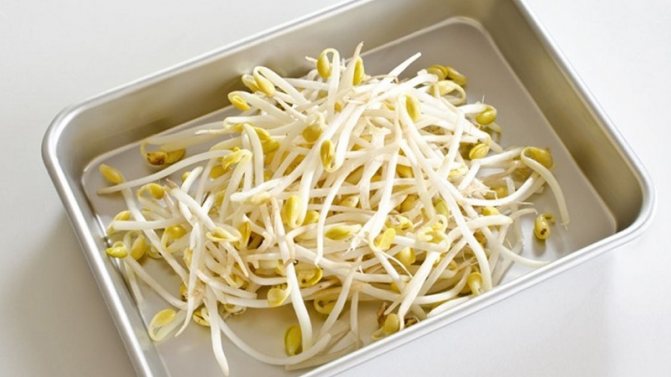
Contraindications
It is not recommended to use sprouted beans for people with individual intolerance to the components of their composition. Also, caution is necessary for chronic diseases of the gastrointestinal tract in the acute stage.
Since there is a possibility of intolerance to sprouts, caution should be exercised the first time it is consumed. Initially, a small amount of sprouts are added to the food, after which the reaction of the body is monitored. If an allergic reaction occurs, use should be discontinued. If there are no negative reactions, then the number of seedlings is increased when added to food. But you should not abuse it, in fact, like other products.
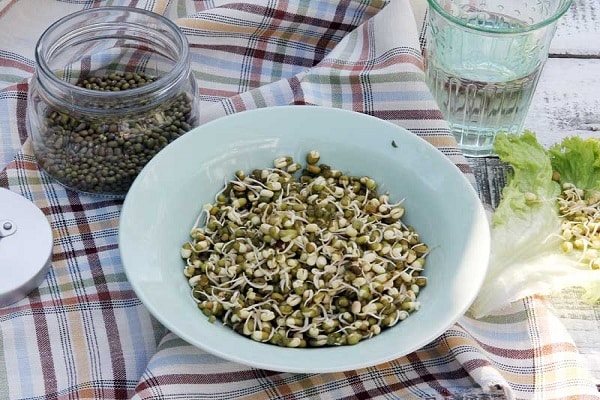

How to sprout beans for food
There are several ways to germinate legumes. The main thing is to create a favorable humid environment for soaking the hard shell, swelling and the appearance of sprouts.
Method number 1
Place the grains on a damp cloth, cover on top. The fabric should be kept damp at all times, but not with water droplets protruding, otherwise the beans will start to rot. The optimum temperature for germination is 25 degrees. The material should be rinsed every 6 hours. Shoots will appear in 36 hours.
Method number 2
Place cotton balls on the bottom of a wide glass container. Lay the beans on top. Moisten everything with a little water and leave in a warm place. You don't need to cover with anything. Beans will sprout for a day or two.
Method number 3
Take a glass jar with a wide mouth. Place the beans on the bottom and cover them with water at room temperature. The water should completely cover them. After 4 hours, drain the water and rinse the beans. Leave it in the bank without flooding. Cover the neck with damp gauze.
Rinse the beans and change the gauze twice a day. This method reduces the risk of decay.
Reference. When germinating in the sun, the grains are saturated with vitamin C, and in the dark - with vitamin B2.
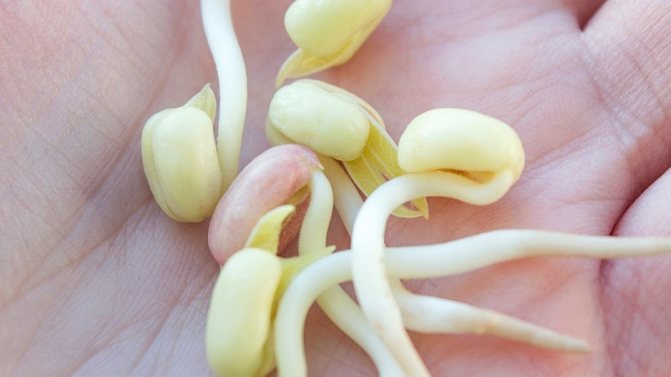

Other germinated plant fruits
There are many plant fruits whose sprouted seeds are less useful and popular in a similar form than, for example, sprouted millet and similar cereals, but can also be eaten:
- Germinated spelled strengthens the human immune system.The benefits of sprouted grains of this plant are to prevent heart failure.
- Sprouts pearl barley help to lose weight and slow down the aging effect.
- Germinated rice useful in diseases of the urinary system. This fruit is an excellent means of preventing diabetes mellitus. Even sprouted rice, unlike a simple grain, contains vitamin C.
- Germinating corn contributes to the restoration of the visual apparatus.
- Germinated garlic reduces the risk of developing colon cancer.
- Sprouts milk thistle help people suffering from dysbiosis. The fruits of this plant are recommended for kidney diseases. Milk thistle sprouts are an excellent aid in case of poisoning.
- Germinated avocado perfect for losing weight, as it does not contain fat and sugar.
- Fenugreek facilitates the absorption of carbohydrates by the human body.
- Germinated hemp is a wonderful source of energy.
- Alfalfa strengthens tooth enamel.
Tags: health
- Similar posts
- Tibetan hormonal gymnastics - benefits, contraindications, exercise rules
- Spirulina: composition, useful properties, indications and contraindications for use
- Propolis - composition, medicinal properties, what is useful, how to take
«Previous post
How to eat sprouted beans
Sprouted beans are often found on the diet of raw foodists and healthy foodists. Sprouted beans increase the content of organic acids, amino acids, minerals and other beneficial nutrients. The main thing is to correctly combine beans with other foods.
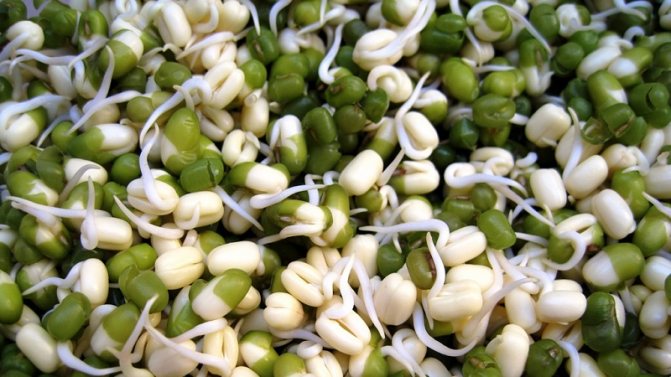

Sprouted bean sprouts and soy salad
Delicious and very healthy vitamin salad.
Ingredients:
- 100 g bean sprouts;
- 50 g soy sprouts;
- 1 small cucumber;
- 1 sweet pepper;
- 1 tbsp. l. soy sauce;
- 1 clove of garlic;
- 2 tbsp. l. vegetable oil;
- 1 tbsp. l. sesame seeds;
- 1 tbsp. l. rice vinegar;
- 2 green onion feathers;
- 1 pinch of coriander;
- cilantro greens.
Preparation:
- Scald the sprouts with boiling water for 30 seconds. Rinse with cold water.
- Cut the cucumber into large pieces.
- Pepper the seeds and cut into strips.
- Finely chop the onion, garlic and cilantro.
- Mix all vegetables and herbs in a salad bowl.
- In a separate bowl, combine oil, vinegar, soy sauce, garlic and coriander.
- Season the salad with sauce and put in the refrigerator for half an hour.
- Fry sesame seeds in a dry frying pan and sprinkle on salad before serving.
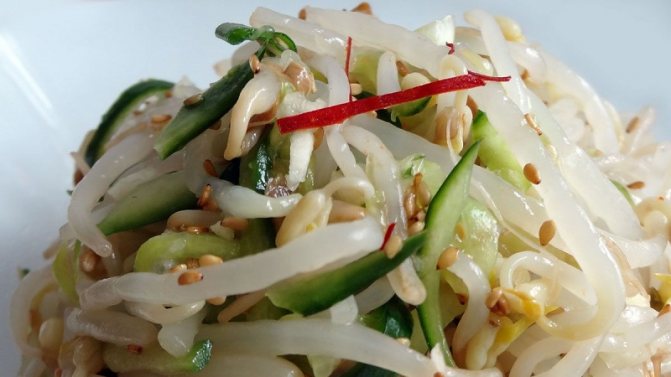

Stewed Bean Sprouts with Mushrooms
Warm, hearty salad with an unusual taste.
Ingredients:
- 250 g sprouts;
- 300 g champignons;
- 2 medium onions;
- 5 tbsp. l. vegetable oil;
- 1 pinch of cinnamon
- lettuce leaves;
- salt to taste.
Preparation:
- Cut the onion into half rings, the mushrooms into thin slices.
- Preheat a frying pan, pour oil into it.
- Lightly fry the onion in warmed oil.
- Add mushrooms and salt. Mix.
- Pour in some water. Simmer over low heat for 15 minutes.
- Put the sprouts in the pan and simmer for another 2-3 minutes. The sprouts should remain crispy.
- Add cinnamon, stir, remove from heat and cover.
- After a couple of minutes, the dish can be served with fresh salad leaves.
Spinach and bean sprouts salad
French recipe - Salad d'Amour.
Ingredients:
- 4 tbsp. sprouts;
- 8 tbsp. fresh spinach leaves;
- 1 tbsp. toasted almonds;
- 250 g pickled champignons;
- 1 red bell pepper;
- 0.5 tbsp. dried cranberries.
Sauce:
- 50 ml olive oil;
- 50 ml of rice vinegar;
- 50 ml tamari sauce;
- 50 ml maple syrup
- ¼ h. L. ground black pepper;
- 1 clove of garlic, minced
- 1 tbsp. l. grated ginger;
- salt to taste.
Preparation:
- Wash spinach leaves and bell peppers.
- Cut the pepper into thin slices.
- In a separate bowl, combine all the ingredients for the sauce until the consistency is even.
- Season the salad with sauce and serve. You can garnish with sesame seeds.
How to cook
Before cooking, sort the beans, remove hardened grains, pebbles and other debris and be sure to cover with water, leave overnight.
When cooking mung bean, remove any foam and rind that floats to the surface. Boil the beans until they are tender. It turns out to be even tastier if you simmer it for a long time. Cooked mung bean strengthens and improves digestion, strengthens the body after illness, is very useful for the elderly.
Mash goes well with vegetables, herbs, cereals, rice, tart fruits, spices: turmeric, coriander, curry, black pepper, caraway seeds, ginger and other spices.
Mash is used for making soups with vegetables, as well as for preparing the classic Indian dish Kichri (Kichari, Kichadi) mixed with rice and spices.
See the recipe for mung bean with rice here.
In India, mung beans are traditionally used to prepare Dhal or Dal, an Indian puree soup based on beans, coconut milk, vegetables and spices. This soup can be made with any legumes. Dal is very tasty, healthy and perfectly nourishes and warms the body in winter. The essence of the dish is to boil legumes along with vegetables until they are puree. Dal is abundantly flavored with spices that add completeness and usefulness to the dish. Dal can be eaten as a separate dish along with bread, flat cakes, or served as a sauce for the main course or sprinkled on rice.
See the recipe for mung bean with barley grits here.
Sprouted beans benefits and harms for food
Germination of dry grains of cereals and legumes for food has recently gained very great popularity, and of course, beans have not passed by. Artificial stimulation of the natural process of emergence of sprouts from seeds leads to significant changes in their composition.
In the vegetative mechanism, beans are containers saturated with the nutrient base needed for the emergence of new plants. In dry form, they are "preserved" in the form of complex carbohydrates, fats and organic compounds. A weak and undeveloped sprout is not able to accept such nutrition, therefore, when immersed in an environment close to that in which the grain is after planting, these substances are actively converted. So complex carbohydrates are decomposed into sugars, fats - fatty acids. Grains increase the content of organic acids, amino acids, minerals and other extremely useful nutrients.
What are useful sprouted beans for food:
- in addition to vitamins of group B and PP, a noticeable proportion of ascorbic acid, beta-carotene, tocopherol, phylloquinone and cholecalciferol appears;
- beans contain more than 15 amino acids, including those that are not produced by the body on its own;
- the mineral base is represented by potassium, phosphorus, magnesium, sodium, calcium, zinc, selenium, copper, manganese and iron.
The beneficial properties of sprouted beans are obvious - the combination of such a variety of nutrients helps to strengthen the vascular walls, stabilize the central nervous system, strengthen the musculoskeletal system, and increase the body's defenses against viruses, infections and cancer pathologies.
The inclusion of such a rich product in a balanced diet increases overall well-being, makes the brain work fast and efficiently, raises muscle tone and slows down the aging process. Due to the large proportion of iron in the composition, the hemoglobin content in the blood increases, which improves the transporting qualities of blood - cells and tissues are better supplied with oxygen.
As well as ordinary beans, sprouted bean sprouts help to improve digestive functions and remove toxins, toxins and stagnant ballast from the intestines. Reviews of an unusual product also say a diuretic and sugar-lowering effect and cleansing the walls of blood vessels from cholesterol.
Porridge or sprouted bean salad can be a very nutritious and healthy start to the day for people with weak immunity, vitamin deficiency, metabolic disorders, overweight and atherosclerosis.
Contraindications
There are no characteristic contraindications, in addition to personal intolerance, for the use of sprouted beans for food. However, due to the unusualness of the new product for the body, caution should be exercised during the first use. Observing the reaction, you should stop using in the presence of allergic manifestations. Do not abuse it - due to the characteristics of legumes, overeating can provoke gas formation, bloating, obstruction or even constipation.
Where use
Bean sprouts are widely used in cooking. Most often they are added to fresh vegetable salads. It is worth noting that now it has become fashionable to prepare dishes that use sprouted beans. This is primarily due to the fact that more and more people prefer a healthy lifestyle.
Many will be surprised, but sprouted beans are also used in various baked goods. Delicious sauces and first courses are prepared from them. The nutritional value of the product allows you to use it not only as one of the ingredients for a dish, but also as a side dish for meat or fish.
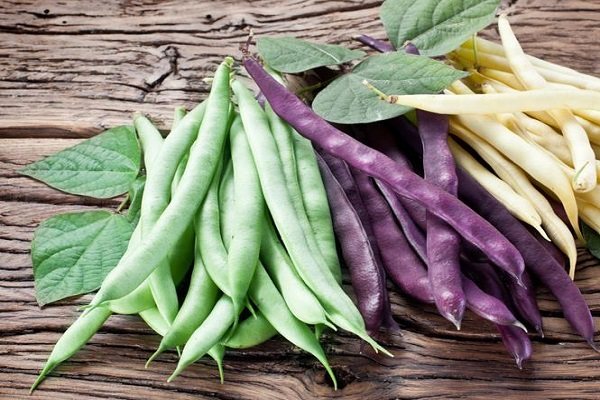

Also, sprouts are popular in traditional medicine. They are used with particular enthusiasm in Asian countries. Sprouts less than 3 cm long are used in the following conditions:
- obesity;
- hypertension;
- decreased immunity;
- atherosclerosis;
- heart diseases;
- diabetes.
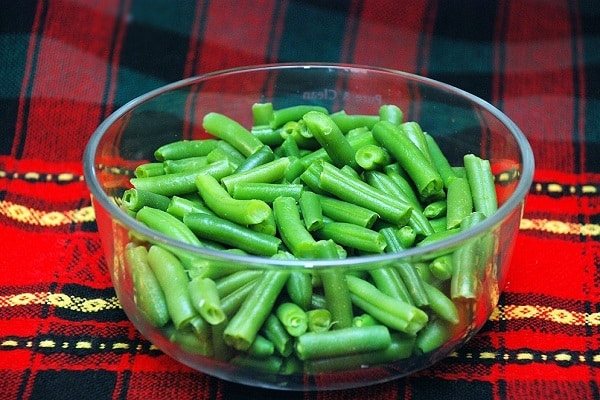

In addition, sprouts are known for their anti-aging and anti-cancer effects. Regular consumption of sprouted beans will prolong youth and reduce the likelihood of cancer.
Whole complexes of medical nutrition are very popular now. Special diets involve combining sprouted beans with buckwheat, wheat, oat sprouts, berries and medicinal herbal decoctions.
Before use, the sprouts are carefully sorted out. Rotten and tainted parts must be thrown away. Only juicy and crunchy parts of plants are used for food.
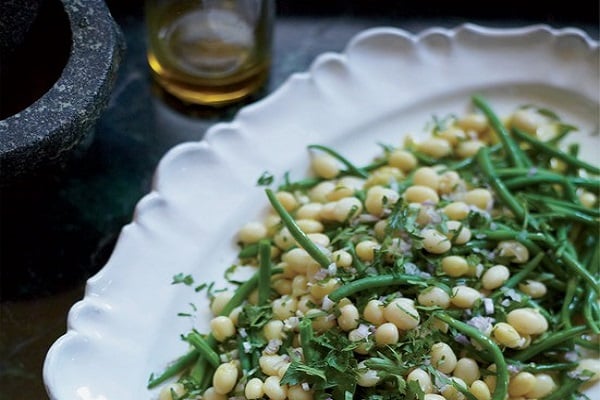

How to sprout beans at home
Most often, it is impossible to find a store near your home that offers sprouted beans for food for purchase. Therefore, you have to master the technology of creating a useful phyto-product on your own.
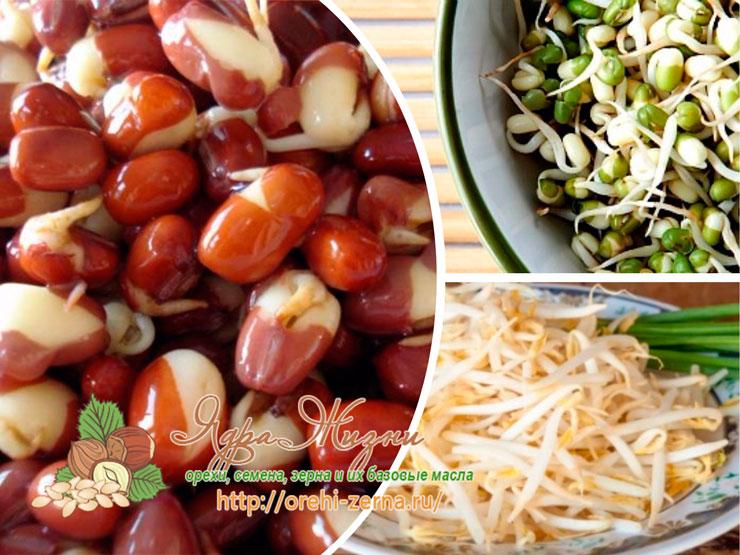

How to sprout beans at home
First of all, you should know that only golden beans (mung bean) and adzuki varieties are suitable for germination. Beans of other varieties and varieties contain a large amount of toxins, because of which they can only be consumed strongly boiled.
How to make sprouted beans:
- First, you need to carefully sort it out, throwing away the garbage and damaged beans, since nothing good will come of them.
- Then - choose the right dishes. This should be a large flat-bottomed container in which drainage holes can be made to drain excess fluid.
- Another thicket is needed, of a larger size, into which water from the main tank will drain.
- At the bottom of the dishes for germination, you need to lay gauze in several layers, and on top of it pour grains in 1-2 layers.
- Next, the beans are poured with water to a level just below full closure.
- Gauze folded in several layers is again placed on top to maintain moisture.
In this form, the beans should be placed in a warm place and watered several times during the day to maintain a moist environment. Any liquid accumulating in the cup should be drained off periodically. If the first shoots hatch for 1-2 days, everything is done correctly, and you need to continue watering. In a few days, the sprouts will gain significant length and be enriched with useful substances.
Germinated barley
Sprouted barley has a huge amount of nutrients that are easily assimilated by humans.The sprouts of this cereal are considered a dietary supplement. Even official medicine suggests adding sprouted barley to your daily diet and drinking tinctures from this grain. Such drinks help with angina and bronchial diseases: bronchitis and asthma.
Sprouted barley will benefit people suffering from insomnia, as a good natural sleeping pill. It is a means to maintain the tone of the endocrine system.
But sprouted barley has a strong calorie content and is contraindicated in case of problems with the digestive tract, and before introducing it into food, it is better to consult a specialist.
How to use sprouted beans: recipes
Sprouted bean salad is the first thing that comes to mind when thinking about the culinary use of this "vegetable". However, the scope of its application can be much wider. Recipes for dishes with juicy crispy sprouts are prescribed to fry and blanch them as part of vegetable side dishes, add to soups or hot dishes. Bean sprouts can still be juiced to enrich fruit and vegetable smoothies and smoothies. Such young greens in the kitchen go well with meat and fish.
Korean sprouted beans
This is one of the easiest recipes to make fresh bean sprouts. A light and healthy dish can be a good side dish for meat, but it looks good on its own. So, sprouted beans in Korean, preparation:
- Rinse the sprouts under running cool water and place on the bottom of a large saucepan, gently crushing.
- Pour water so that it completely covers the grains.
- Transfer the pot to high heat and simmer for six minutes. After half the time, you need to reduce the heat by half. During this time, the beans should be covered with a lid.
- After that, you need to remove the pan from the heat and strain through a colander.
Description of sprouts, their composition, vitamins
Sprouted beans contain few calories, there are 30 kcal per 100 grams. The beans contain fats, proteins, carbohydrates. A daily dose of the listed components is included in 100 grams. The product also contains many vitamins of group B, C. Of the minerals, the composition contains magnesium, calcium, phosphorus, zinc, sodium, copper. Due to the versatility of sprouted beans, the body receives all the required substances, even when a person does not eat other foods in parallel.
See also
The cultivation and features of the Vigna variety asparagus beans, the use and storage of the crop
To read
Properties and chemical composition
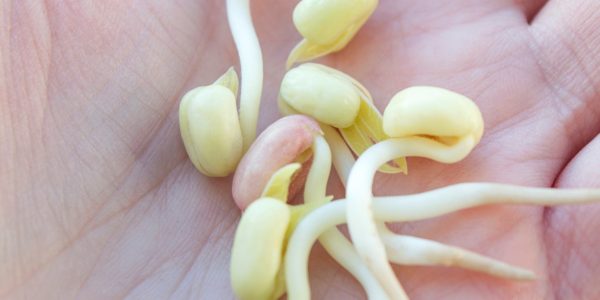

The bean sprout is popularly called live food, because in it, useful substances are 2 times more than in conventional legumes.
Composition and properties of components:
- Vitamin C - strengthens the immune system and the cardiovascular system.
- Potassium - improves heart function.
- Sprouts stimulate hematopoiesis, remove toxins and toxins.
Additionally, green seedlings replenish the supply of vitamins and rejuvenate cells.
Composition and energy value:
- calories - 14 kcal;
- proteins - 1.5 g;
- fats - 0.1 g;
- carbohydrates - 1.8 g
The sprouts are enriched with amino acids.
Usage rules
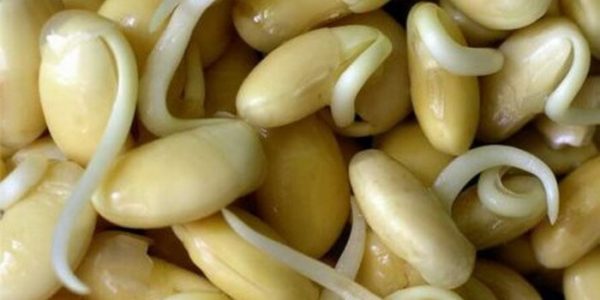

The benefits and harms of sprouted beans have been studied by specialists and the nutritional value of bean sprouts and their special taste, complementing ordinary dishes, are recognized as a special advantage.
Features in preparation:
- can be eaten as an individual dish;
- goes well with vegetables, mushrooms, shrimps, cereals;
- ideal for mixing with cottage cheese, yoghurt or cream cheese.
Normally, they consume no more than 50-100 g per day. Do not mix with meat, fish, any kind of fruit, milk and eggs. You should not eat sprouts with honey, because this will lead to fermentation and an allergic reaction.
Contraindications
The use of seeds has almost no contraindications, but you need to stop eating them when some symptoms appear.
Symptoms of overeating sprouts:
- bloating;
- increased gas formation;
- violation of intestinal motility;
- a significant increase in the rhythm of the pulse and a decrease in blood pressure.
At the initial preparation, the germinated culture is introduced in minimal volumes, gradually increasing the rate, if no unpleasant sensations are observed.
A site for self-development, self-knowledge, personal growth and spiritual improvement. Stanislav Milevich
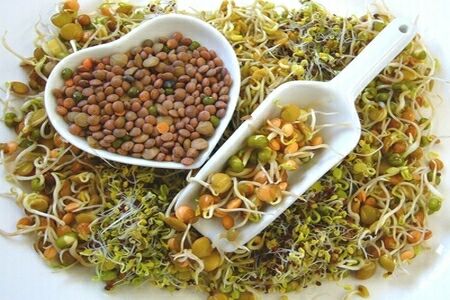

Since ancient times, it is believed that sprouts Is the most enzyme-rich food on the planet. Regular seedling nutrition improves the general condition of the body, the work of the nervous and circulatory systems, the work of the heart, respiratory and digestive organs. Nutrition with seedlings helps to rejuvenate the whole body, restore metabolism and reduce weight, improve the condition of hair, teeth, nails, etc.
The content of many vitamins - for example, C and group B - in germinated seeds increases 5 times, vitamin E - 3 times. Orange juice is considered the best source of vitamin C, but only 50 grams of wheat germ corresponds to the content of this vitamin in six glasses of juice.
Sprouts have no restrictions on compatibility with other products; they are useful for using with fruits and berries, vegetables, adding to desserts, salads, etc. The healing drink Rajivelak is prepared from the sprouted grains, and the equally popular Sprouts dish is green sprouts of legumes and cereals. The daily consumption rate of seedlings is 20-70 gr.
But together with the benefits of seedlings the possible harm and the complications of consuming sprouts.
The composition of cereal seedlings contains gluten - the main representative of cereal proteins, in the common people called "gluten". Its content is especially true for wheat, rye, oats, barley. The enzyme that processes gluten is in short supply, it is easy to "waste", which forces the indigestible parts of the protein (acid) to be "quenched" with alkali. Gluten is absent only in buckwheat, corn and rice.
Sprouts should not be included in the diet of children under 12 years of age. The fiber content in whole seedlings adversely affects the functioning of the gastrointestinal tract in case of peptic ulcer disease. The use of sprouts can cause pain as a result of flatulence or the healing effect associated with the release of sand and stones. Application in conjunction with dairy products causes profuse gas formation in the intestines (flatulence). The content of purine compounds in seedlings of legume seeds is contraindicated for gout, urolithiasis, they are also not recommended for use in acute gastritis, nephritis and inflammatory processes in the large intestine.
What is better to germinate
Wheat, rye, oats, mung bean and lentils are unpretentious and germinate very quickly. Flax and rice have a more complex character - they hatch longer and require constant attention. The most delicious are oat, sunflower and wheat sprouts. Sesame and amaranth slightly bitter.
There are sprouts that are useful to everyone without exception - the same buckwheat. But the powerful liver cleaner milk thistle is contraindicated for gallstones. Cereal sprouts should not be eaten if you are gluten intolerant.
Wheat germ
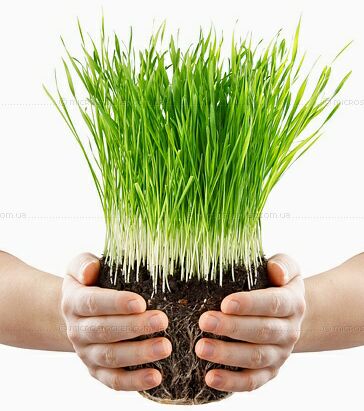

Taste: sweetish.
Germinates easily and quickly, but remains firm.
Proteins (26%), fats (10%), carbohydrates (34%) of wheat germ are easily absorbed by our body. The amount of trace elements and vitamins increases significantly during germination.
Wheat sprouts contain potassium (850 mg / 100 g), calcium (70 mg / 100 g), phosphorus (1100 mg / 100 g), magnesium (400 mg / 100 g), iron (10 mg / 100 g), zinc ( 20 mg / 100 g), vitamins B1 (2 mg / 100 g), B2 (0.7 mg / 100 g), B3 (4.5 mg / 100 g), B6 (3.0 mg / 100 g), E (21.0 mg / 100 g) and folic acid (0.35 mg / 100 g). The amount of vitamin C increases during germination from 1.07 to 10.36 mg / 100g.
Recommended in the treatment of chronic colitis, gastritis and gastroduodenitis, in the complex treatment of gastric ulcer and duodenal ulcer (contraindicated in exacerbations). Fiber (grain shell) normalizes the work of the gastrointestinal tract and has a beneficial effect on the intestinal flora. Wheat sprouts improve the functioning of the circulatory and nervous systems, relieve the effects of stress.Indicated in the treatment of allergies, diabetes and obesity. Improves the condition of the skin and nails.
Sprouted rye seeds
An excellent health product - sprouted rye seeds. Grains contain protein (13%), fat (2%), carbohydrates (69%), and fiber. They contain a lot of potassium (425 mg / 100 g), calcium (58 mg / 100 g), phosphorus (292 mg / 100 g), magnesium (120 mg / 100 g), manganese (2.7 mg / 100 g), iron (4.2 mg / 100 g), zinc (2.5 mg / 100 g), there is also fluorine, silicon, sulfur, vanadium, chromium, copper, selenium, molybdenum. They contain more vitamin E than wheat grains (10 mg / 100 g), as well as vitamins B1 (0.45 mg / 100 g), B2 (0.26 mg / 100 g), B3 (1.3 mg / 100 g) ), B5 (1.5 mg / 100 g), B6 (0.41 mg / 100 g), folic acid (0.04 mg / 100 g), vitamins K, R. The amount of vitamin C increases with germination from 0, 58 to 14.68 mg / 100g.
In their action, they are similar to wheat sprouts: they compensate for vitamin and mineral deficiencies, stimulate the intestines, increase peristalsis, normalize microflora, have a slight laxative effect, and help cleanse the body of toxins. Rye sprouts are shown in the same cases as wheat sprouts.
Buckwheat sprouts
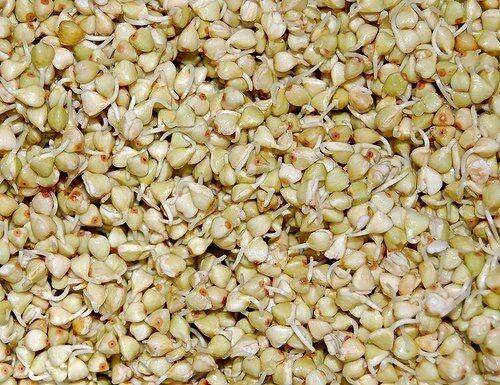

Taste: sweetish, with a slight herbal aftertaste.
Only green (not fried) buckwheat gives sprouts. The top layer of the husk is removed from it, while the embryo is not damaged. During germination, buckwheat, like flax, secretes mucus - it must be washed off with running water.
Buckwheat seeds contain 10-18% proteins, 2.4-3% fats, 59-82% carbohydrates, 12-16% fiber. Contains phosphorus (up to 330 mg / 100 g), potassium (380 mg / 100 g), calcium, magnesium (up to 200 mg / 100 g), manganese (1.56 mg / 100 g), cobalt (3 mg / 100 g) ), boron, silicon, vanadium, iron (8 mg / 100 g), copper, zinc (2.05 mg / 100 g), molybdenum. Rich in vitamins B1 (up to 0.58 mg / 100 g), B2, B3 (4.19 mg / 100 g), B6 (0.4 mg / 100 g), E (0.2-6.7 mg / 100 d), also contain vitamin K and carotene. The amount of vitamin C increases during germination from 1.49 to 26.4 mg / 100g.
Buckwheat seeds surpass the seeds of all other crops in the concentration of rutin, a bioflavonoid that has the ability to improve the condition of blood vessels, especially capillaries, by strengthening their thin walls.
Sprouted buckwheat seeds are recommended for the prevention and treatment of various vascular diseases (atherosclerosis, ischemic heart disease, hypertension) and infectious diseases occurring with damage to the vascular system (measles, scarlet fever, tonsillitis, typhus), to reduce intraocular pressure with simple glaucoma, with varicose veins veins and hemorrhoids.
It is useful to add them to the diet in the treatment of radiation sickness, liver and kidney diseases, obesity, diabetes mellitus, bleeding from the nose and gums, and blood loss.
Sprouted Lentil Seeds
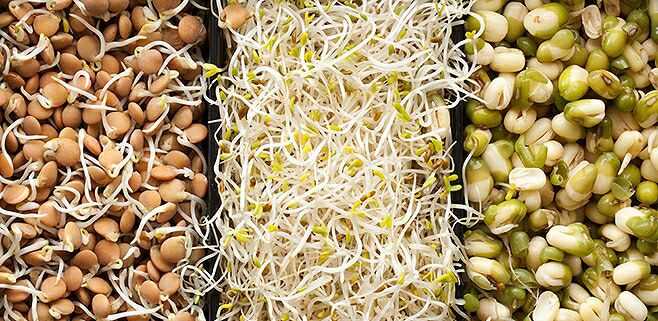

Taste: sweetish, juicy, with a spicy aftertaste.
The seeds germinate easily and quickly.
Lentil sprouts are a very healthy and tasty product. Lentil seeds are a good source of protein (35 mg / 100 g), carbohydrates, fiber. Contains potassium (1500 mg / 100 g), calcium (83 mg / 100 g), magnesium (up to 380 mg / 100 g), iron (7 mg / 100 g), zinc (up to 5 mg / 100 g), selenium ( 0.06 mg / 100 g), boron, fluorine, silicon, sulfur, manganese (1.3 mg / 100 g), copper, molybdenum. The seeds contain vitamins B1, B3, B5, biotin, B6, folic acid. When lentil seeds germinate, the content of vitamins B1, B6, biotin, folic acid increases significantly. The amount of vitamin C increases during germination from 2.83 to 64.41 mg / 100g. This makes lentil sprouts an indispensable product for the prevention of influenza and colds in the autumn-winter period. Promote hematopoiesis, increase the level of hemoglobin.
Pumpkin sprouts
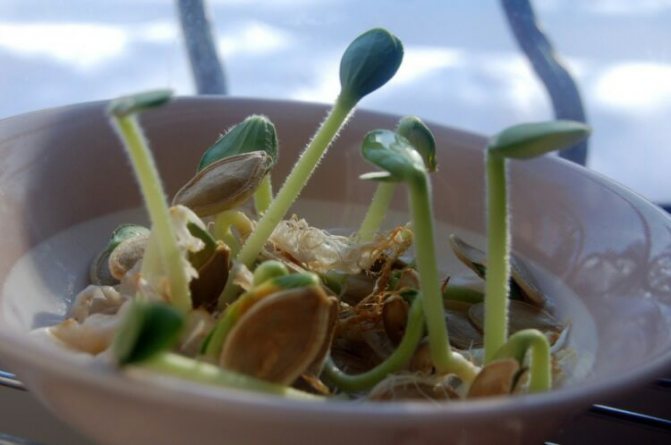

Pumpkin seeds are one of the most valuable objects for germination. They contain a wide range of nutrients and trace elements. Seeds contain up to 28% of valuable vegetable proteins, up to 46.7% of fats, delicate fiber. They contain a lot of phosphorus (1174 mg / 100 g), magnesium (535 mg / 100 g), manganese (3 mg / 100 g), iron (14.9 mg / 100 g), zinc (10 mg / 100 g), selenium (5.6 mg / 100 g), as well as calcium, silicon, chromium, cobalt, copper, vitamins B1, B2, E, folic acid (0.06 mg / 100 g), carotene. The amount of vitamin C increases during germination from 2.65 to 31.29 mg / 100g.
Pumpkin sprouts have an active anthelmintic effect, are successfully used for the prevention and treatment of giardiasis and various helminthiasis, especially effective against tapeworms and pinworms. Preferred non-herbal anthelmintics are recommended for children, pregnant women and people over 60 years old.
With regular use, pumpkin sprouts normalize the secretion of bile, activate water and salt metabolism, have a beneficial effect on the reproductive system of men and women, stimulate the functions of the genital glands, improve the functioning of the urinary tract, strengthen the muscles of the bladder, increase potency in men, provide excellent support for the prostate gland. Useful for men over 45 years of age for the prevention of prostatitis in the complex treatment of chronic prostatitis and prostate adenoma.
The zinc contained in pumpkin seedlings, which is necessary for the normal functioning of the brain, has a positive effect on human mental activity, strengthens memory, reduces fatigue and irritability, and normalizes sleep. Pumpkin sprouts are a valuable product for the prevention and treatment of ailments caused by prolonged physical and neuropsychic overload. They are extremely useful for schoolchildren, especially junior grades, to overcome stressful situations and better assimilate the material.
Pumpkin sprouts are recommended for breakfast in combination with milk and muesli, as well as an addition to porridge with fruits.
Sunflower sprouts
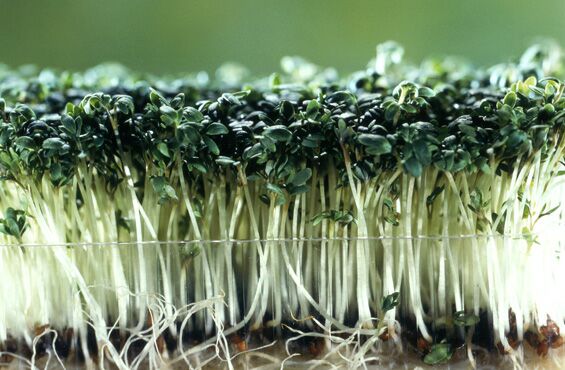

Sunflower sprouts are the most valuable natural concentrate of high quality vegetable proteins, essential fatty acids, a wide range of trace elements and vitamins.
Seeds contain up to 59% fats, valuable vegetable proteins, carbohydrates, fiber, lecithin. Contains potassium (647 mg / 100 g), calcium (57 mg / 100 g), phosphorus (860 mg / 100 g), magnesium (420 mg / 100 g), iron (7.1 mg / 100 g), zinc ( 5.1 mg / 100 g), selenium (0.07 mg / 100 g), iodine (0.7 mg / 100 g), fluorine, silicon, chromium, manganese, cobalt, copper, molybdenum. They are one of the richest sources of vitamin E (21.8 mg / 100 g), vitamins B1 (up to 2.2 mg / 100 g), B2 (0.25 mg / 100 g), B3 (up to 5.6 mg / 100 g), B5 (up to 2.2 mg / 100 g), B6 (up to 1.1 mg / 100 g), biotin (0.67 mg / 100 g), folic acid (1 mg / 100 g), contain vitamins D and F. The amount of vitamin C increases during germination from 1.64 to 14.48 mg / 100g.
Sunflower sprouts normalize the acid-base balance of the body, compensate for vitamin and mineral deficiencies. They strengthen the nervous system, alleviate the effects of stressful situations, prevent the formation of blood clots, and improve the condition of the mucous membrane of the gastrointestinal tract.
They are recommended for the complex treatment of gastric ulcer and duodenal ulcer in remission, atherosclerosis and associated diseases of the heart and brain, with pathological menopause. They contribute to the preservation of memory, good vision, improve the condition of the skin and hair.
Sesame sprouts
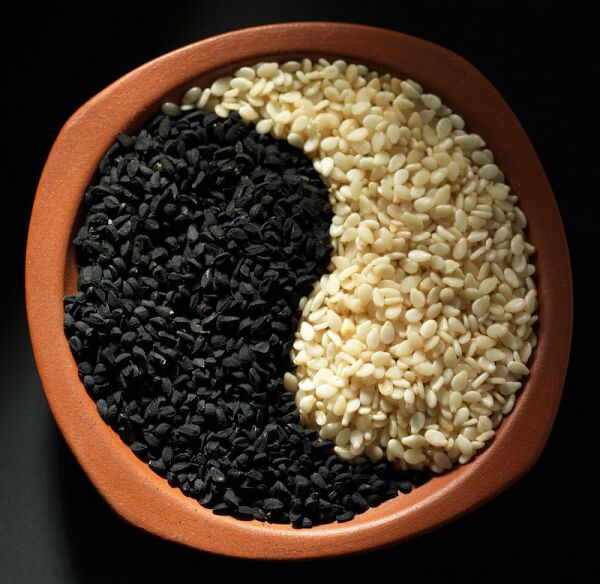

Taste: nutty with bitterness.
Sesame seeds contain up to 40% high-quality proteins, up to 65% oil. Sesame sprouts strengthen bone tissue, which is associated with the amount of macro- and microelements included in it. In terms of calcium content (up to 1474 mg / 100 g), sesame is superior to all food products, even many types of cheese. The seeds also contain potassium (497 mg / 100 g), phosphorus (616 mg / 100 g), magnesium (540 mg / 100 g), iron (up to 10.5 mg / 100 g), zinc, vitamins B1 (0.98 mg / 100 g), B2 (0.25 mg / 100 g), B3 (5.4 mg / 100 g). The amount of vitamin C increases during germination from 2.15 to 34.67 mg / 100g.
The trace elements included in sesame seeds are necessary for a person for the normal functioning of the musculoskeletal system, the functioning of the stomach, liver, pancreas and intestines. Sesame sprouts strengthen the skeleton, teeth and nails; regular intake helps to restore tooth enamel.
Reception of sesame seedlings is recommended for acute and chronic arthritis and arthrosis, osteochondrosis of the spine, osteoporosis, especially in women after 45 years. Indicated in the treatment of fractures and injuries of the musculoskeletal system. Absolutely necessary for women during pregnancy and breastfeeding, for children during the period of intensive growth and change of teeth.
Sesame seeds germinate, like amaranth seeds, moody.In order for them to grow, they need the following conditions: spread the washed seeds over a flat surface, fill with water 1–2 mm and cover with another flat object on top. Once or twice a day, if the seeds dry out, moisten with water (but do not fill).
Flax sprouts
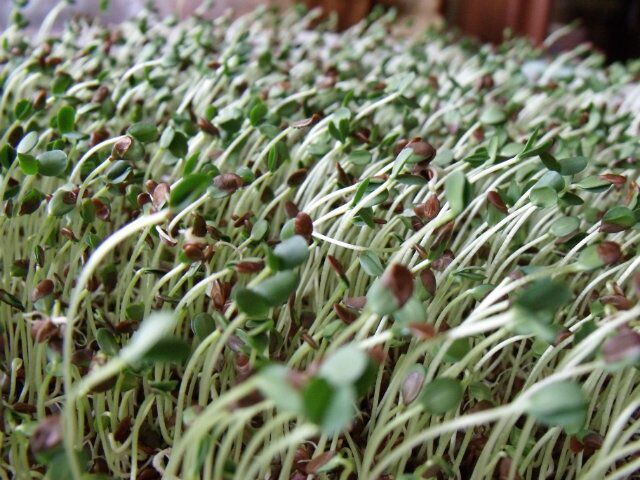

Flax sprouts are a wonderful product with a wide range of healing effects. They actively increase the body's resistance, give strength and vigor, support the work of each cell.
Flax seeds contain oil (up to 52%), proteins, carbohydrates, a lot of phosphorus (700 mg / 100 g), magnesium (380 mg / 100 g), iron (7.7 mg / 100 g), zinc (5.7 mg / 100 g) , and the amount of calcium (1400 mg / 100 g) is comparable to sesame seeds. Contains vitamins E, K, F, B1, folic acid, carotene. The amount of vitamin C increases during germination from 1.35 to 22.47 mg / 100g.
Flax sprouts, like seeds, have a unique sliminess and effectively cleanse the gastrointestinal tract. They accelerate digestion, enhance peristalsis, absorb toxic substances, have a mild laxative effect, and help with hemorrhoids.
Due to the high calcium content, it is shown, like sesame seedlings, to women during pregnancy and breastfeeding, to children during the period of intensive growth and tooth change. They are recommended for strengthening bone tissue, for osteochondrosis of the spine, osteoporosis, and for treating fractures.
Flax oil ranks first among all vegetable fats in the content of the most valuable a-linolenic acid (60%); linoleic acid is also present in it. Their complex is necessary for the growth and development of the organism, because they participate in the construction of membranes - cell membranes. These fatty acids strengthen the structure of the mucous membranes, restore the elasticity and strength of muscles and blood vessels, and destroy cholesterol deposits. They support the functioning of the brain, nervous system and endocrine glands.
Flax sprouts are indicated in the treatment of cardiovascular diseases, hypertension, thrombophlebitis, varicose veins. Improves the condition of the skin, hair and nails. The intake of flax seedlings is ideally combined with the intake of milk thistle sprouts.
Soybean sprouts
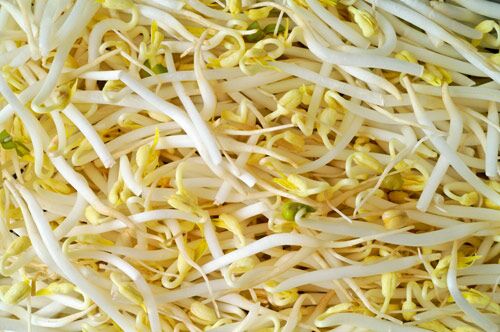

Soy sprouts contain fiber, essential amino acids, vitamin C, B vitamins, vegetable proteins, macro- and microelements. Sprouts in the diet activate protein metabolism, promote the removal of water and fat from the body. The use of soybean sprouts stimulates the regeneration of connective tissue and rejuvenates the body. Choline in soy restores cells of nerve tissues and improves brain function, has a beneficial effect on the processes of thinking, attention and memory. Due to the content of lecithin, they are useful for cardiovascular diseases, liver and pancreas dysfunctions. Pectins contained in seedlings slow down the development of oncological neoplasms.
The taste qualities of sprouted soy are similar to the taste of pickled asparagus, it harmonizes well with cottage cheese and soft types of cheese.
Bean sprouts
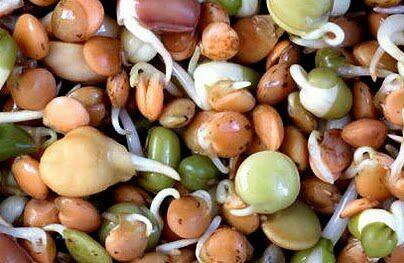

Sprouted golden beans are called masha, and angular beans are called adzuki. This product is rich in potassium, iron, vitamin C and amino acids, and therefore it is actively used to prevent viral colds and flu. By increasing hemoglobin, bean sprouts help to increase the general tone of the body and work capacity, normalize metabolism and are used to prevent atherosclerosis and diabetes mellitus.
In terms of taste, sprouted beans go well with seaweed, it can also be added to any salads.
Sprouts of oats
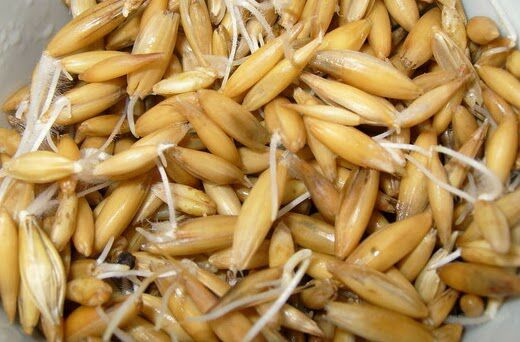

Taste: milky nutty, juicy.
Oat seeds germinate quickly and easily. Only oats called "naked" are suitable for germination.
Oat sprouts are rich in vitamins C, E and K, calcium, iron, magnesium, silicon, chromium, zinc.They restore immunity, renew the blood composition, show a diuretic and diaphoretic effect. Effective for kidney disease, tuberculosis and thyroid disorders. With their help, they normalize the work of the digestive tract, get rid of dysbiosis. Regular use of oat seedlings contributes to the treatment and prevention of gallstone disease, hepatitis and thrombosis. Consuming oat sprouts contributes to the healing of the body after injuries.
Pea sprouts
Taste: sweetish, juicy, with a spicy aftertaste.
The seeds germinate easily and quickly.
Pea sprouts contain plant insulin (inulin) and help lower blood sugar. The fiber content normalizes the digestive tract, helps to eliminate toxins from the body, and helps with constipation. Pea sprouts reduce blood cholesterol levels, have a rejuvenating effect, promote cell growth and regeneration, and have antitumor activity.
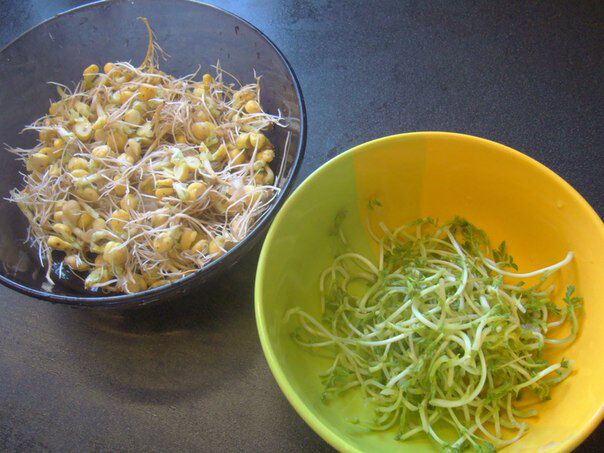

Sprouts of amaranth
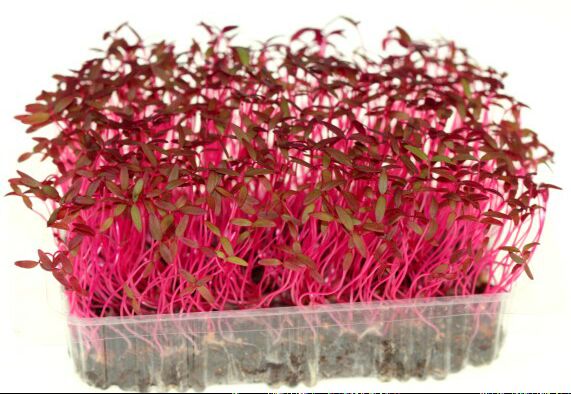

Taste: nutty, bitter, so it is better to sweeten with honey.
Amaranth sprouts contain squalene, a powerful antioxidant that reduces the risk of cancer and cardiovascular disease. Milk thistle sprouts (ten-day-old plants, taken individually) are an effective remedy for cleansing and healing the liver.
Recommended for hepatitis, including hepatitis C, fatty degeneration and cirrhosis of the liver, after prolonged use of drugs, courses of chemotherapy and radiation therapy, in the treatment of alcoholism and drug addiction.
Amaranth seeds germinate capriciously. Create ideal conditions for them: spread the washed seeds on a flat surface (tray, grate for propolis), fill with water 1–2 mm and cover with another flat object on top. Moisten with water once or twice a day (but do not fill) if the seeds dry out.
Milk thistle sprouts
Milk thistle is known as a plant that regenerates and revitalizes liver cells. Its seedlings contain flavonoids - very active substances that protect our cells; trace elements, the main of which are selenium and zinc; vitamins A, E, F, K, D. Their use improves the formation and excretion of bile, protects the liver from toxins and infections. Milk thistle sprouts help in the treatment of many liver diseases, both acute and chronic; for allergies, colitis, hemorrhoids; reduce inflammation in the gallbladder and spleen, help dissolve and remove stones.
Sprouts of barley
Barley sprouts are very valuable - they increase the body's endurance and normalize the acid-base balance. Their healing properties are explained by the activity of vitamins B12, K and C contained in them, provitamin A, zinc, copper, manganese, and iron.
How to germinate a grain?
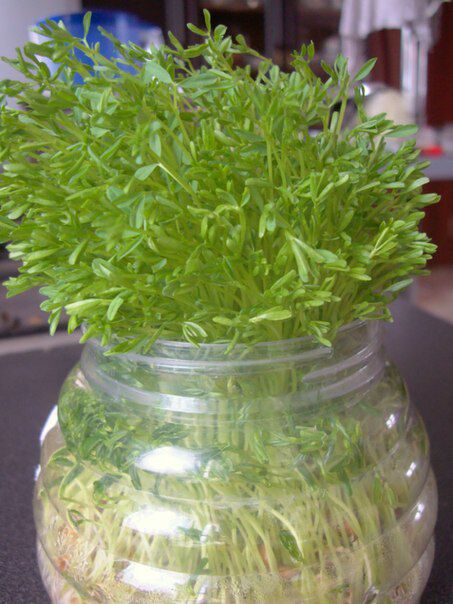

Better by yourself, at home. The seeds need to be sorted out and poured into a glass jar, filling it to 1/4 of its volume. Pour them with a pink solution of potassium permanganate prepared in a separate container, mix and leave for 3-5 minutes. Disinfection is a mandatory procedure. Then drain the potassium permanganate solution, rinse the seeds three times with water.
Pour the washed seeds with water up to 2/3 of the jar volume and leave them at room temperature, but not in direct sunlight. Use water either passed through a filter or spring water.
After 10-12 hours, when the seeds swell, repeat the disinfection and rinsing procedure, drain the last water, cover the jar with a lid so that there is no active evaporation.
After 10-12 hours, when the seeds are nibbled, disinfect and rinse them again, drain the last water thoroughly.
The sprouts are ready to eat. I recommend using them within 5 days, store at a temperature of 2-5 ° C. The container in which they are stored does not need to be closed too tightly (the seedlings must breathe). Every morning, the entire portion received must be disinfected and rinsed, then used.In the refrigerator, the seedlings will grow, but their quality will improve.
Where to buy
Lentils, green mung bean and chickpeas (chickpeas) are sold in regular stores. Naked oats, rye and wheat are available in pharmacies. The rest will have to be ordered online or found in health food stores.
Use and storage
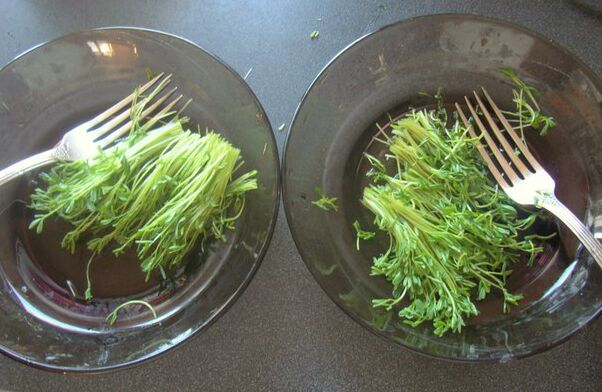

Any sprouted seeds are preferable to eat for breakfast. You can eat them whole raw, chew them thoroughly, or you can add them to salads. Sprouts can be placed whole, or they can be chopped in a meat grinder and combined with grated carrots, honey, nuts, dried fruits, lemon juice, fresh herbs and other products.
You need to get used to this food gradually, starting with 1-2 teaspoons a day. Within 2-3 months, you can increase the daily portion to 60-70 g. The sprouts need to be chewed well, in case of dental problems, it is recommended to use a blender - add a little water and fruit to the sprouts.
It is better to mix two different types of sprouts (say, buckwheat and oats, sesame or amaranth and wheat) and change this set every two months.
Plant sprouts must be stored in a cold place for no more than two days, so it is better to grow them yourself at home.
Seedling myths
Many health food publications describe various methods for obtaining germinated seeds, but nowhere is there a mention of disinfecting them. Disinfection of seeds and seedlings is an absolutely necessary procedure.
It is widely believed that after the seed has hatched and the root length has reached 2-3 mm, the seedlings cannot be used. This opinion is erroneous.
| <Previous | Next> |

